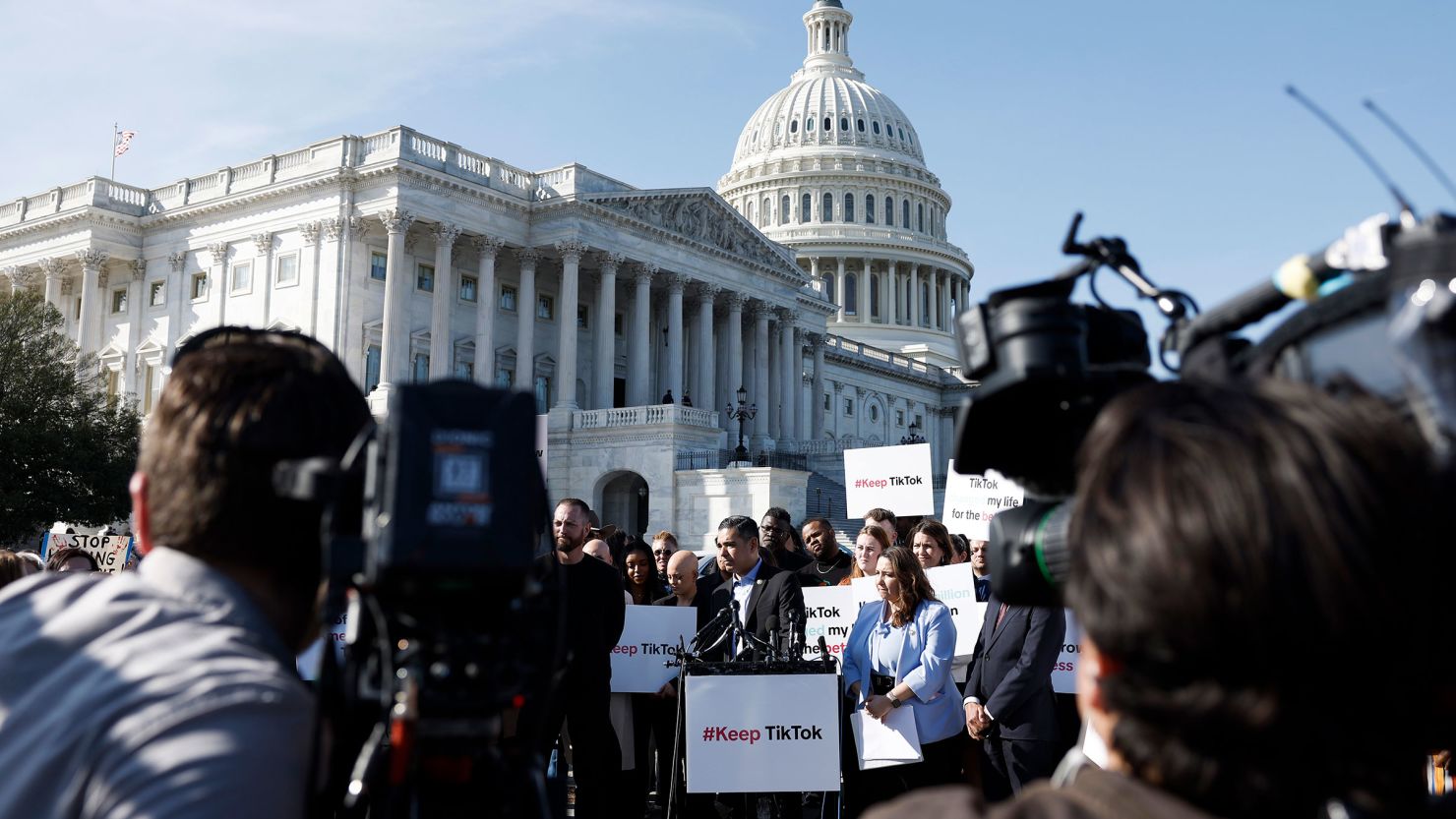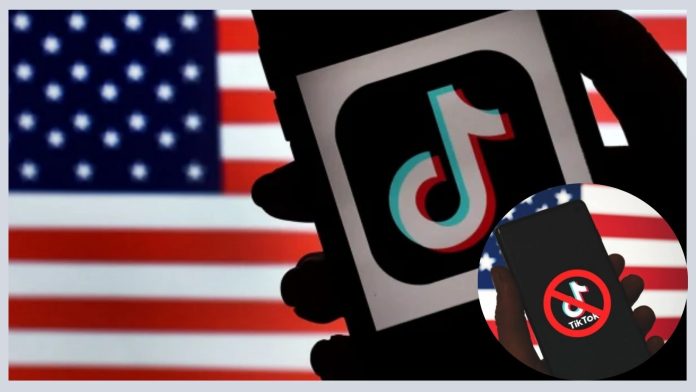The U.S. House of Representatives has successfully advanced a bill that holds the potential to ban TikTok in the United States, marking a notable development in the ongoing discourse surrounding national security and technology regulation. Dubbed the Protecting Americans from Foreign Adversary Controlled Applications Act, the legislation garnered broad bipartisan support, receiving 352 votes in favor and 65 in opposition. The bill is now poised to move to the Senate, where its fate remains uncertain.
The motivation behind the bill’s passage lies in concerns that TikTok, owned by a China-based company, poses a national security threat. Speaker Mike Johnson underscored the potential risk of TikTok being utilized to access American data and disseminate “harmful” information, emphasizing the necessity to thwart Communist China’s attempts to spy on and manipulate Americans.

Despite the bill’s approval, there were notable dissenting voices across party lines. Fifty Democrats and 15 Republicans voted against the bill, citing concerns about free speech and potential infringements on civil liberties. Rep. Jim Himes, the leading Democrat on the Intelligence Committee, was among those who opposed the bill, arguing against the government’s role in determining the information citizens can access.
The bill’s introduction and swift passage involved a fast-track procedure, requiring two-thirds support for approval, emphasizing the urgency and consensus surrounding the issue. President Biden has pledged to sign the legislation if it reaches his desk. The bill stipulates that ByteDance, TikTok’s parent company, must divest its stake in TikTok within six months or face a ban from U.S. app stores and web-hosting services.
Advocates of the legislation contend that it is crucial to shield American users from potential data breaches and manipulation by the Chinese government. FBI Director Christopher Wray has cautioned about Chinese national security laws mandating cooperation with intelligence gathering, raising concerns about the security of American data on TikTok.
While Rep. Mike Gallagher, the bill’s introducer, believes it can withstand legal challenges by regulating conduct rather than content, opposing Democrats express hope that the Senate will scrutinize the bill thoroughly. The uncertainty surrounding its future in the Senate is compounded by potential legal challenges and varying perspectives on free speech and civil liberties.
In summary, the passage of the TikTok ban bill by the U.S. House marks a significant stride in the broader discussion on technology control and national security. The bill’s destiny in the Senate remains uncertain, with potential legal battles and divergent views likely to shape its outcome.
Also Read: Tim Kennedy Family And Wife: Who Are They? Net Worth Revealed

